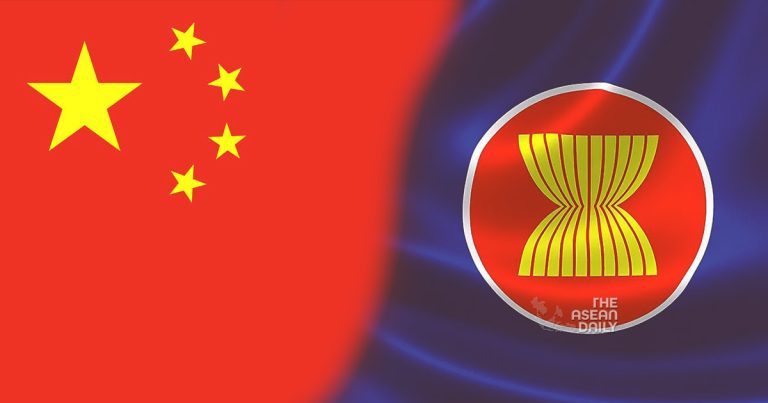12-8-2023 (BEIJING) Amidst the backdrop of heightened tensions in the South China Sea, Chinese diplomat Wang Yi’s recent statements during his visits to Singapore and Malaysia have aimed to underscore the importance of regional collaboration in maintaining peace and stability. Wang, a prominent member of the Political Bureau of the CPC Central Committee and the Minister of Foreign Affairs, addressed the complexities surrounding the Ren’ai Jiao dispute and the broader geopolitical dynamics at play in the region.
Wang’s candid comments not only shed light on the motivations behind the US’s involvement in the issue but also reflect China’s commitment to diplomatic discourse, even extending an olive branch to the Philippines.
Over time, collaborative efforts between China and its ASEAN counterparts have contributed to a relatively stable situation in the South China Sea, which has in turn fostered an environment conducive to their respective growth, Wang explained.
Experts view Wang’s remarks as a strategic move, not only to counterbalance the US’s influence on the Philippines but also to resonate with other ASEAN nations that may not be swayed by external pressures.
The focal point of the current tensions has been the dispute over Ren’ai Jiao, where the Philippines’ transportation of construction materials has sparked controversy. The actions of Western nations, notably led by the US, have ignited a narrative that seemingly backs the Philippines while denouncing China’s measured and lawful responses.
China’s defense of its actions has been resolute, characterized as rational, legitimate, and compliant with established regulations. The Chinese Defense Ministry spokesperson emphasized that these measures are aimed at safeguarding national sovereignty and urged the Philippines to halt any provocative behavior.
China’s persistent stance on addressing differences through bilateral dialogue has been reiterated by Wang. The diplomat expressed the hope that the Philippines will honor past agreements, nurture the mutual trust fostered through diplomatic advancements, and collaboratively seek effective solutions to navigate the maritime tensions.
China’s willingness to accelerate consultations on the Code of Conduct in the South China Sea, in cooperation with ASEAN members, is a testament to its commitment to regional stability. Wang stressed the importance of formulating regional rules that adhere to international law, including the United Nations Convention on the Law of the Sea.
With a forward-looking perspective, Wang asserted that China and ASEAN possess the capacity and wisdom to foster harmony in the South China Sea, ultimately creating a shared sanctuary for all stakeholders. The diplomat’s message resonates as a call for unity, urging the countries of the region to take a proactive role in maintaining tranquility and forging a collective future.




